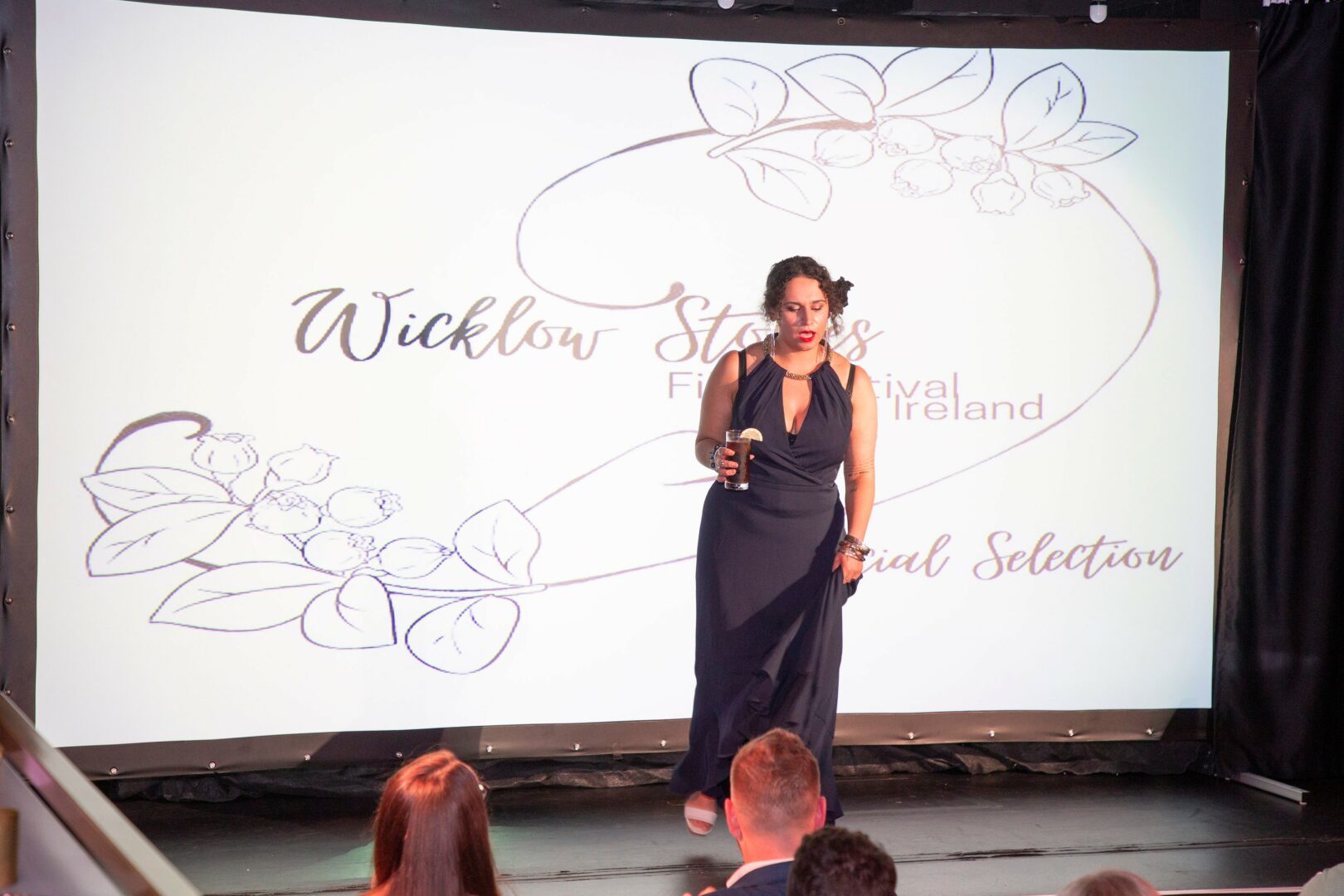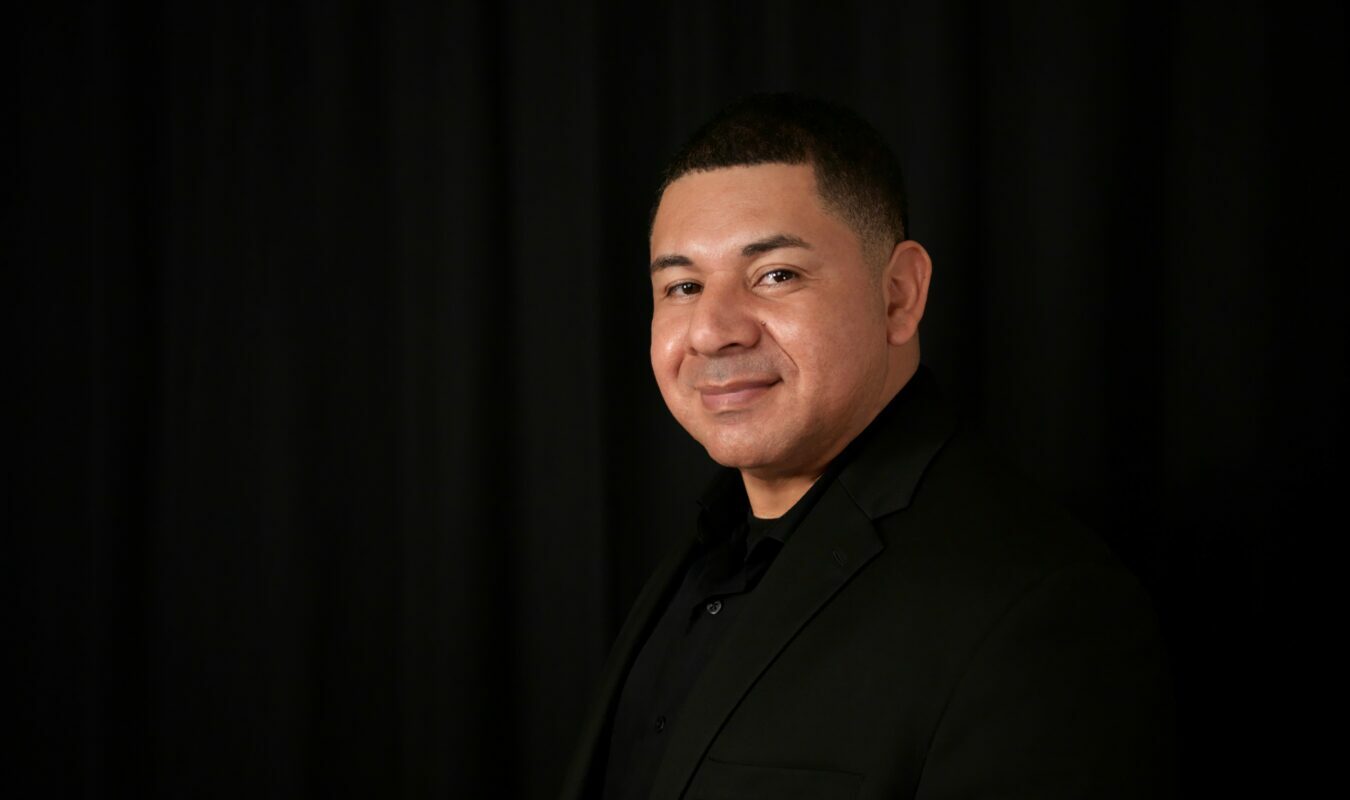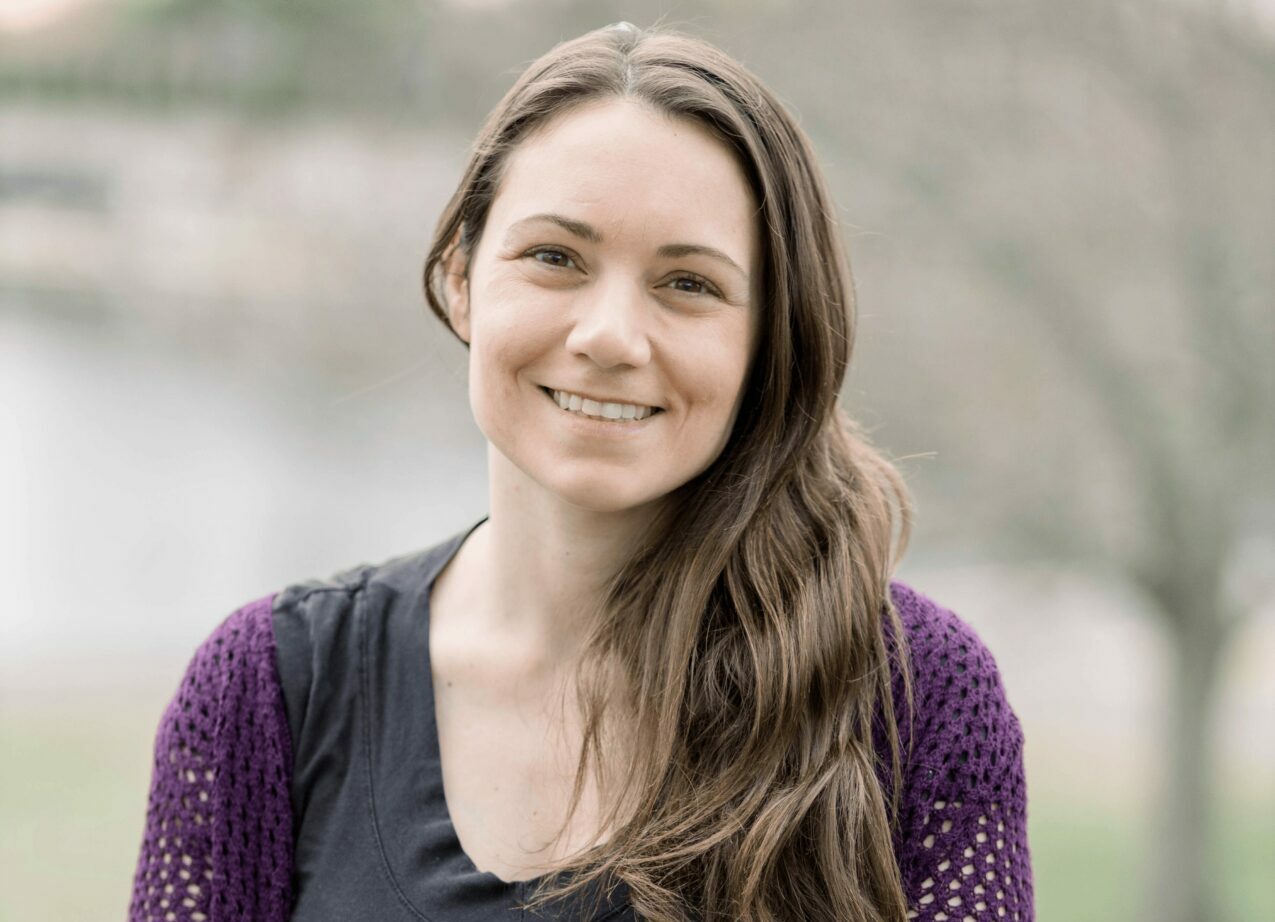We’re excited to introduce you to the always interesting and insightful Ronika Merl. We hope you’ll enjoy our conversation with Ronika below.
Hi Ronika, appreciate you sitting with us today to share your wisdom with our readers. So, let’s start with resilience – where do you get your resilience from?
Resilience is an odd thing.
There is a piece in my poetry collection “Joy Clings” which speaks of it. Resilience can be a wonderful thing, it can carry you through darkness and through difficulty, but it can also feel like a burden. If you HAVE to be resilient, all the time, if resilience is not a choice, if giving up and being “weak” is not an option… resilience can feel like a strain. Because it can feel like… “Sure, I can carry this, but why do I always keep going? Could I not, for once, sit down and rest, be carried, and be held?”
It’s also other people’s perception of resilience that I sometimes struggle with. People perceive me as resilient. And it’s true. I am. But that perception can be deceiving. I wish I didn’t have to be resilient. I wish nobody would have to be as resilient as some of us have had to be.
So I have a troubled relationship with resilience at best.
Where I get it from is a more simple answer: trouble. I grew up in difficult circumstances, which never seemed to become any easier. I don’t like to complain about it, but I do like to speak about it (and I do so often). Callous develops over time, and the heart grows stronger. Underneath it all is weakness and a desperate want to not have to be strong (or resilient), but very often in difficult times, we don’t get to satisfy that need.
I don’t believe in the saying “What doesn’t kill you makes you stronger”. No. What didn’t kill you gave you scars. And scar tissue hurts. It is not the natural state of yourself that you should have been. You shouldn’t have had to be resilient.
Small issues in life can be overcome if you’ve got a strong foundation, so these days I try to build my life in a way that I’m not thrown off or disoriented by the little storms and waves that a journey through the vastness of this world can bring. Maybe that is the type of resilience I can make peace with.
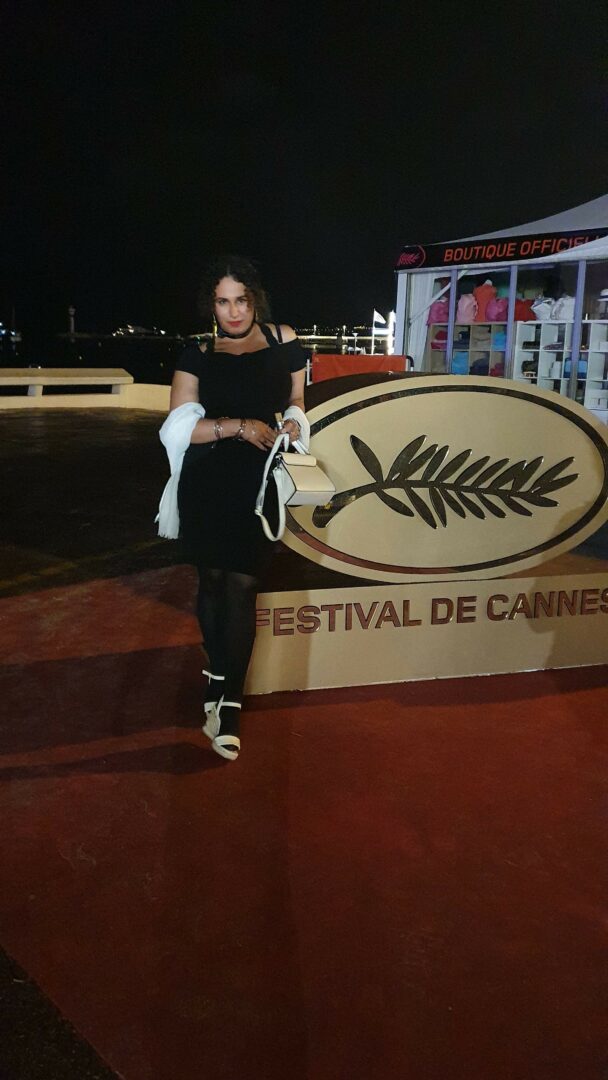
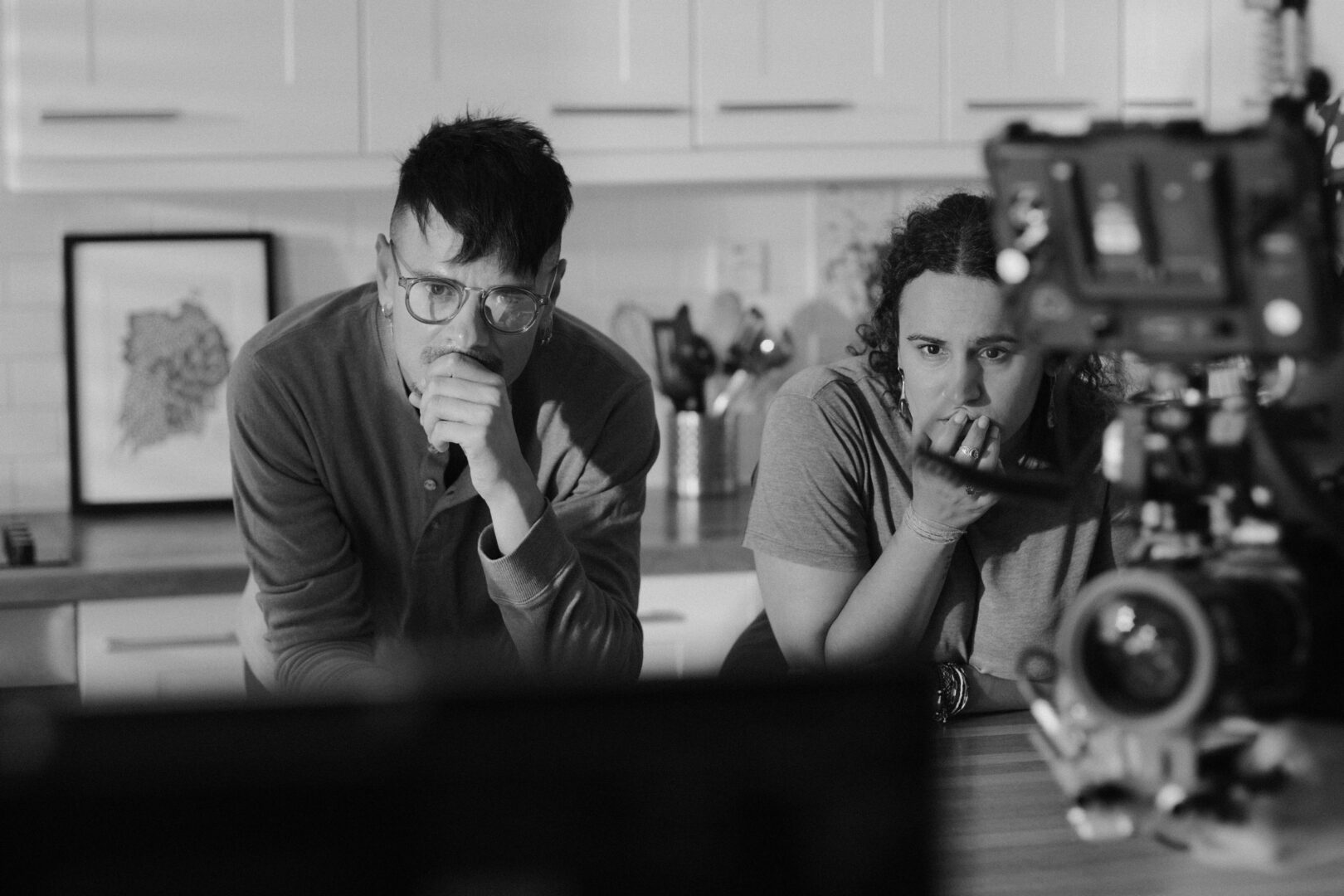
Let’s take a small detour – maybe you can share a bit about yourself before we dive back into some of the other questions we had for you?
I have been a writer for many years, focussing mainly on the screen. I’ve worked with various production companies from all over the world, and have been involved in some really exciting projects.
I also run a film festival in Wicklow, Ireland, and work with various courses and colleges here on making filmmaking more accessible for everyone. In addition to this, I am a poet and performer. My next big project will bring together women’s voices in a spoken word performance in Dublin.
My poetry collections and my textbook for Irish screenwriters are available on Amazon.
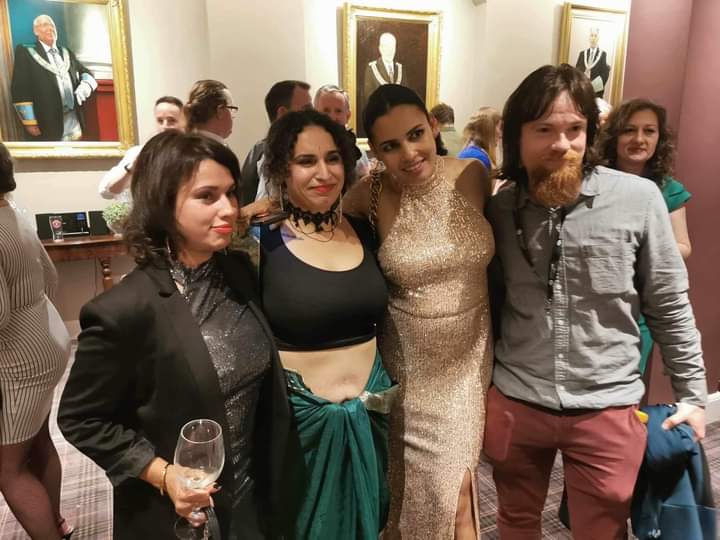
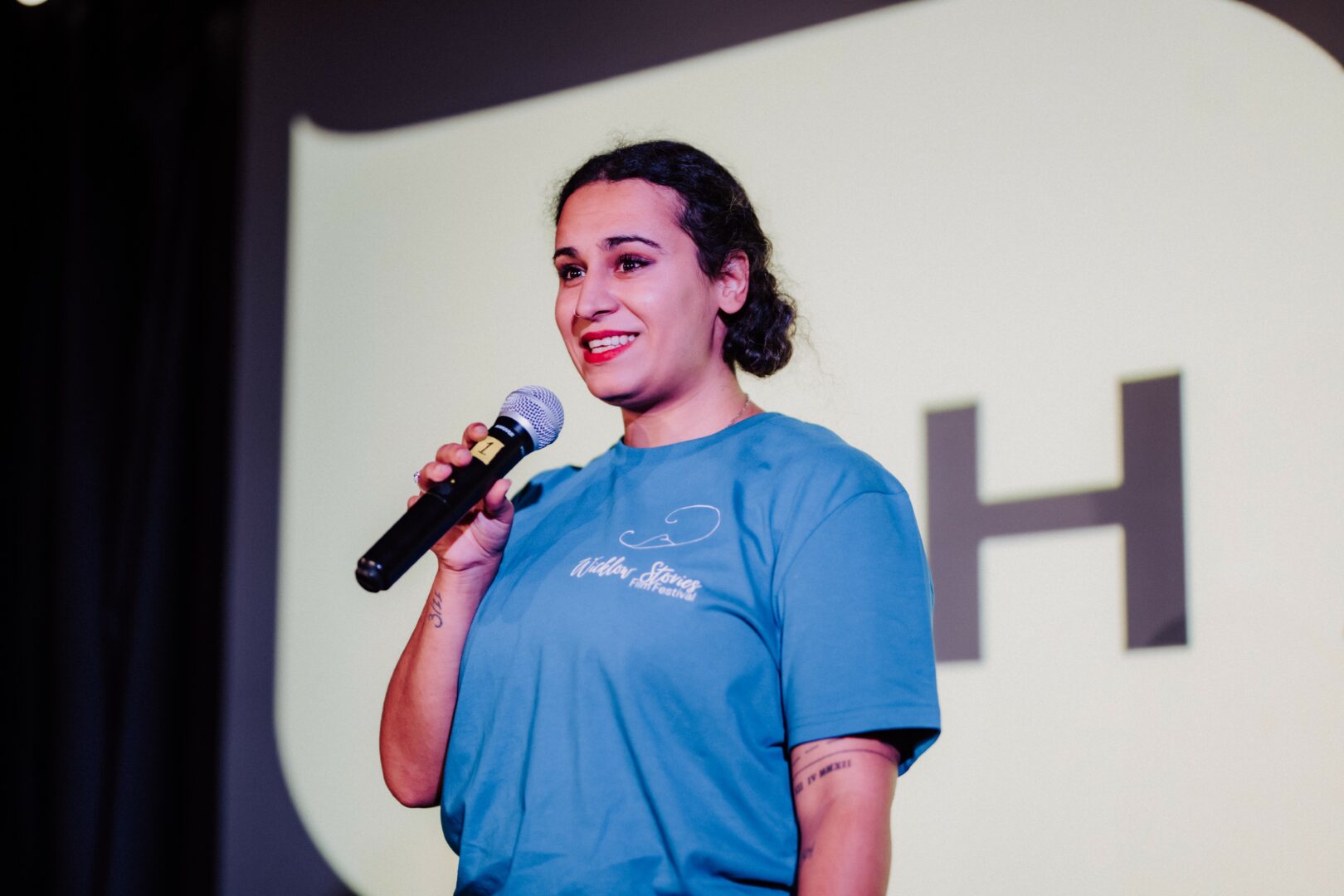
If you had to pick three qualities that are most important to develop, which three would you say matter most?
I think if I had to pick just three skills that have helped me the most, it would be: curiosity, professionalism, and an openness to change. As an artist, curiosity is the most important tool you have. If you are not curious about people, about art, about the past and the future and everything in between, the well from which you can drink will be very shallow and empty and dry up quickly. To be an artist is to be curious. It is to peek under the hood and turn around the corner and ask the question that nobody has even thought to ask before. It is the very definition of art. It asks things of us – and most of the time we don’t even have the answer. But at least there are people out here asking.
When it comes to your craft, professionalism is hugely important. The people you work with, the people who rely on you, the people who will (hopefully) invest in your art and your voice and ultimately your projects need to know that they are dealing with someone who understands what they are doing. Someone who can work to a deadline. Someone who can work under pressure. Someone whose creativity can be tapped into on short notice and on demand. You have to know your craft, inside and out. That’s not to say that you should stop learning or educating yourself, but your aptitude matters immensely.
And thirdly, to be open to change. I am radical with this. I am radically open to change, I welcome it, I invite it. As a screenwriter, this goes all the way down into the fundamentals: the script I write is not the movie you see. I am open to let other people in, I am open to be changed, and to change others. I am open for my art to go through a metamorphosis. Because I do, too. Every day. I am not the woman I was a year ago, and I am certainly not the woman I shall be in a year from now.
I am hugely privileged, I am an artist. I get to reinvent myself every time I open my eyes in the morning. It also goes into being inter-disciplinary. As a writer, I never thought of myself as a visual artist, but recently I’ve taken up painting. It has taught me so much about my own craft.
So the advice I would have for people starting out in their practise as artists is to try and defy definition. Learn, learn, learn as much as you can, and be open to let the things that come your way happen.
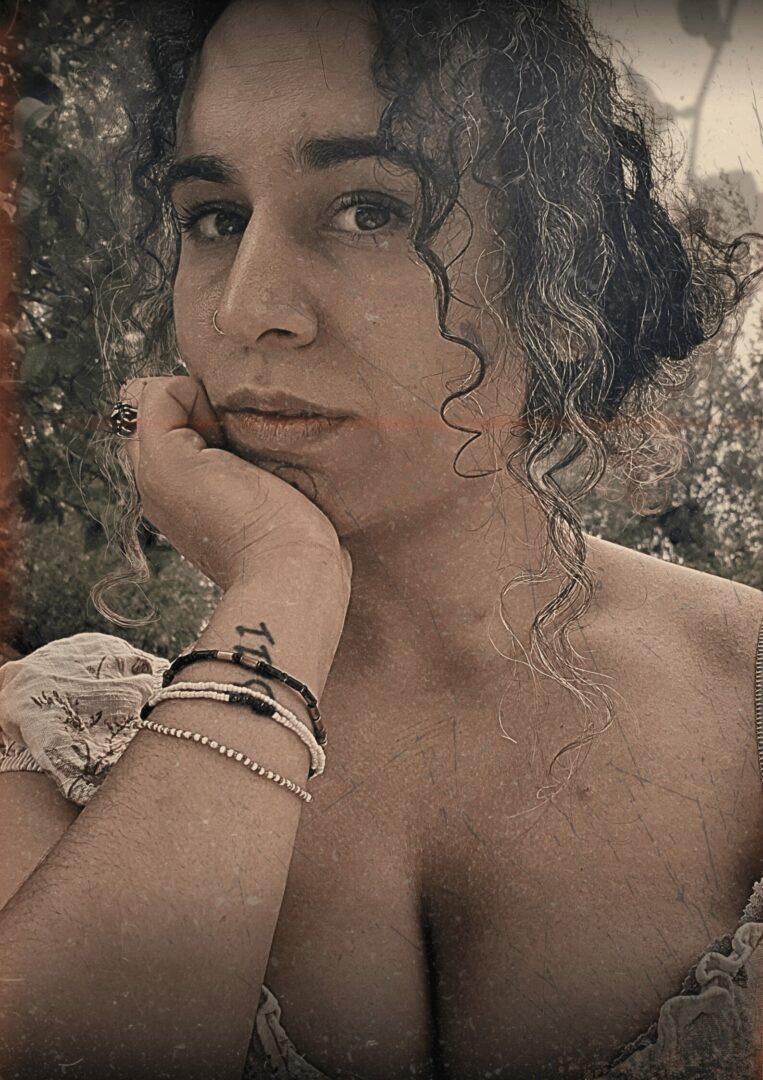
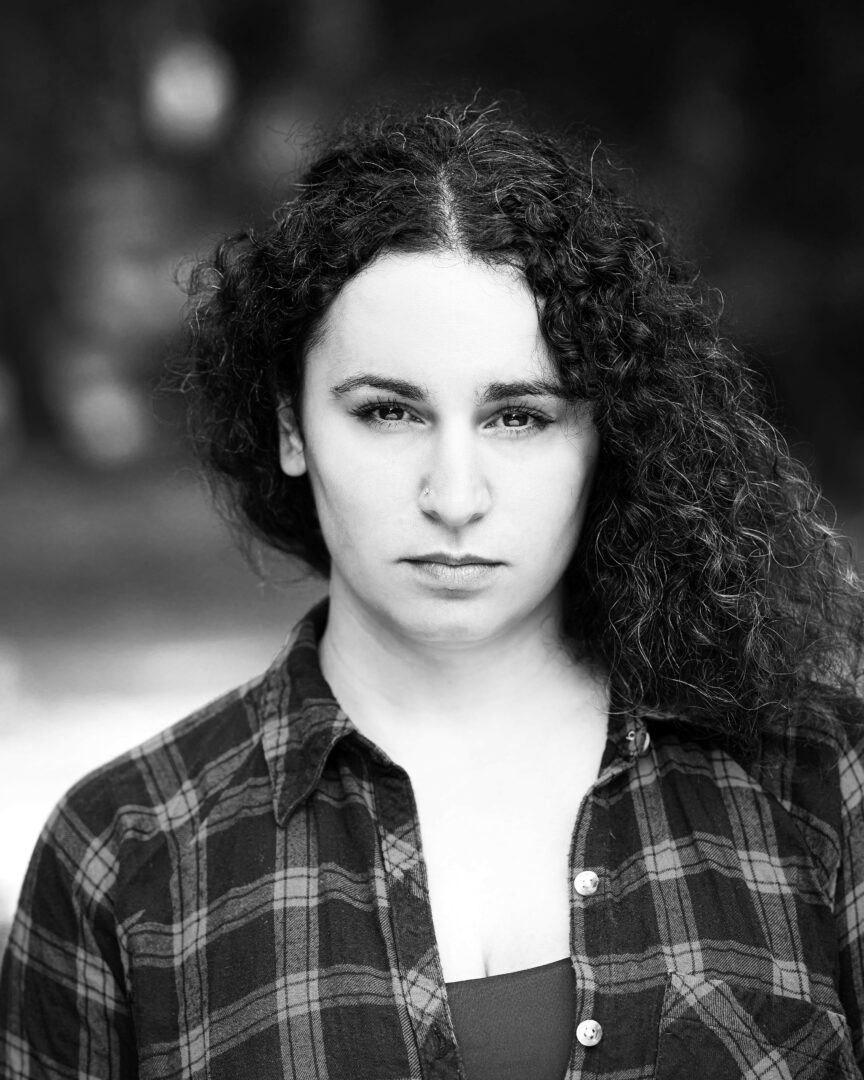
Before we go, any advice you can share with people who are feeling overwhelmed?
I have a condition called c-PTSD. Complex PTSD. It is obtained by a prolonged exposure to severely traumatising events. It differs from PTSD in a few ways, chief of which is that PTSD can be caused/created (though not necessarily) by just one event, whereas c-PTSD requires repeated events to be able to form.
This means that my actual, physical brain structure is different than typical structures. And since this condition was formed early in childhood (those events took place then), this also means that I am not the person I was supposed to be. I literally have never met the person I was supposed to be. I have never had the brain, the neurons, the actual grey matter that I was supposed to have.
This also means that my coping mechanisms, my strategies for going through life, my entire make up as a human being is different than what it’s supposed to be. I am not complaining – I’m just saying.
I’ve worked with my therapist for a very long time to be able to understand myself to such a degree that my condition is now no longer an issue. But I love speaking about it publicly to raise awareness and to say that it’s okay. Finding coping mechanisms is hard at the best of times, but if you’ve gone through something difficult, that can be extra hard.
So what can we do to get through when life does the life thing of being difficult?
Therapy.
It is such a healthy approach to creating a way of getting past things that mess us up. But, it’s not accessible or possible for everyone.
So, friends/family. Just talking to someone, feeling a sense of community, feeling a sense of belonging and like you are not alone in the world (or the worst person in the world).
Sport.
Exercise and sport can give us a sense of accomplishment. When I go through times of depression, it seems impossible to get out of bed, yet alone go for a run. But if I’m in those worst moments, lifting my legs up from the bed three times is enough. And all of a sudden – hey… I’ve accomplished something. Be kind to yourself. Do not set goals you don’t get to achieve. Allow yourself the grace of taking small steps. You can’t get out of bed today? Don’t. The world is hard. And harsh, and humanity was never supposed to live like this. It’s fine. You’re doing okay.
Contact Info:
- Website: https://ronikamerl.com
- Instagram: @ronikamerl
- Linkedin: https://www.linkedin.com/in/ronika-merl-37808798/
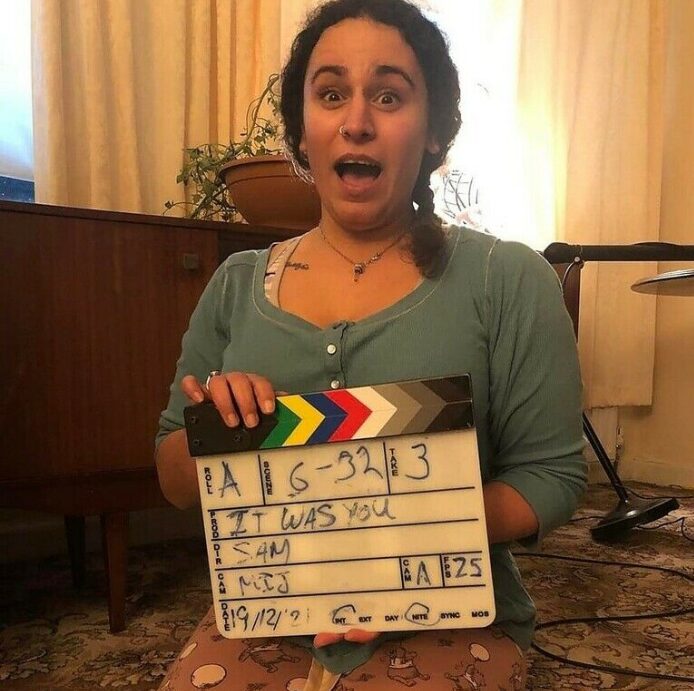
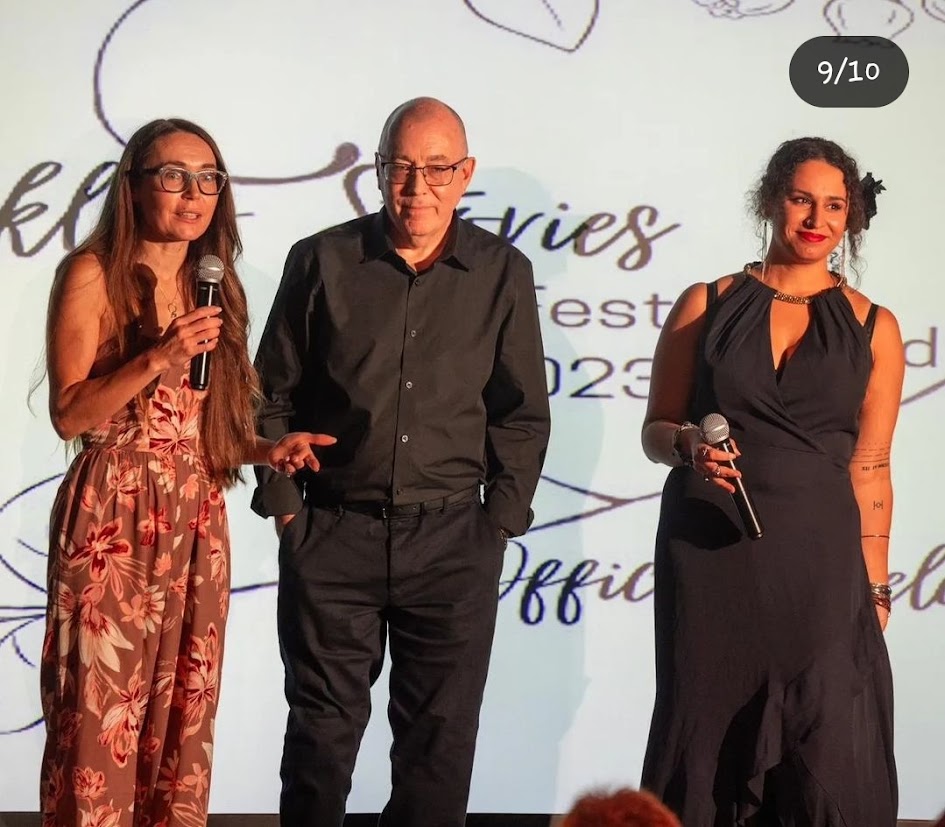
so if you or someone you know deserves recognition please let us know here.

